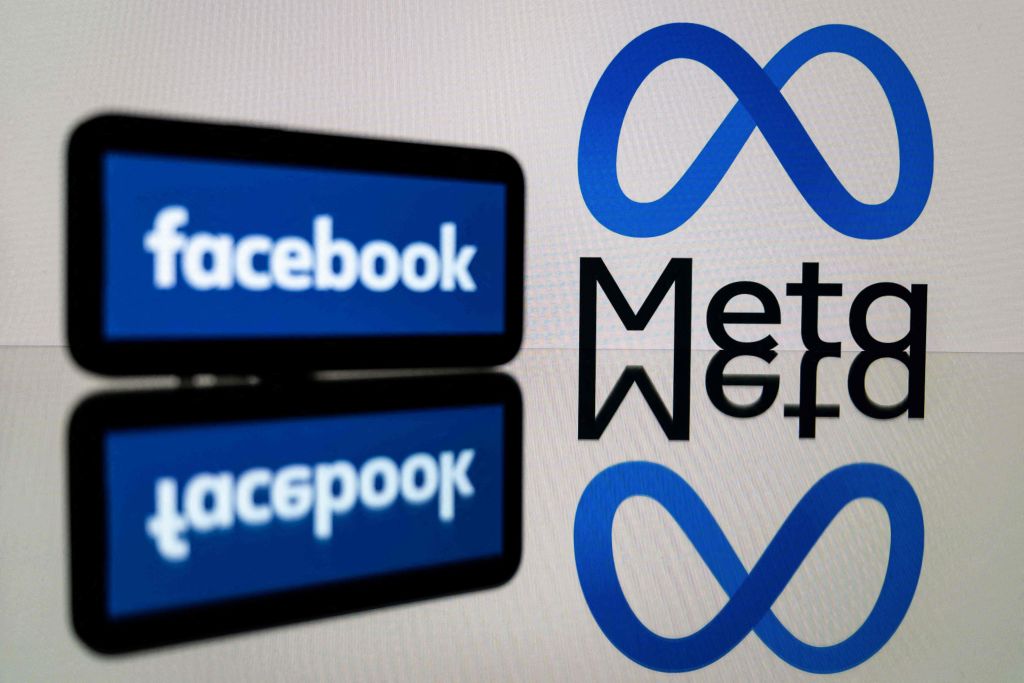Apple Unveils iPhone 15 And Other New Products
Apple CEO Tim Cook recently made an unexpected visit to China, where he showed his support for gamers at an “Honor of Kings” tournament held at an Apple store in Chengdu. This visit comes at a crucial time for Apple, as the newly launched iPhone 15 is facing a lukewarm reception in China.
During the tournament, Cook expressed his enthusiasm for the mobile game “Honor of Kings,” developed by TiMi Studio, a subsidiary of Chinese tech giant Tencent. In a post on the Chinese social media platform Weibo, Cook acknowledged the game’s origins in Chengdu and its global success. It is worth noting that this game has been a significant revenue driver for Apple’s App Store in China.
Unfortunately, Cook’s visit coincides with reports of iPhone 15 sales struggling in the country. According to Counterpoint Research, sales of the iPhone 15 series during the first 17 days have declined by 4.5% compared to the previous iPhone 14. One of the reasons behind this decline is the entry of Chinese tech giant Huawei into the high-end smartphone market with its new smartphone offering advanced semiconductors and 5G connectivity, despite US sanctions. Jefferies analysts also suggested that Huawei has surpassed Apple as the No. 1 smartphone maker in China.
These challenges, coupled with poor consumer sentiment, the iPhone 15’s performance compared to its predecessor, and increasing competition, have contributed to a challenging start for Apple’s flagship smartphone in China.
The decline in iPhone 15 sales can also be attributed to broader economic factors impacting the country. Consumer spending has decreased due to economic challenges such as real estate and youth unemployment crises. These factors have led Chinese consumers to scale back their spending, including their demand for high-end smartphones.
Despite its significant presence in China, Apple faces a tough landscape in the market. The iPhone remains Apple’s largest revenue generator, accounting for 52% of its sales last year. In 2022, almost 20% of Apple’s revenue came from the Chinese market, and Chinese factories produced approximately 85% of Apple’s iPhones.
However, Apple also faces regulatory challenges in China. New rules from Beijing have complicated the company’s relationship with China. Reports suggest that government agency staff have been instructed not to bring iPhones to work due to unspecified security concerns. Additionally, new censorship rules now require all programs sold on Chinese app stores to be licensed by the Chinese government. As a result, Apple must obtain Chinese government approval for new apps, and existing apps may be forced to leave the Chinese store as the grace period ends in March.
In conclusion, Apple’s CEO Tim Cook’s visit to China amidst the lukewarm reception of the iPhone 15 reveals the challenges the company faces in the Chinese market. With declining sales, economic factors, and regulatory obstacles, Apple must navigate a difficult landscape to maintain its position in China’s smartphone market.
Note: The article is protected by copyright, and permission is required for reproduction.




